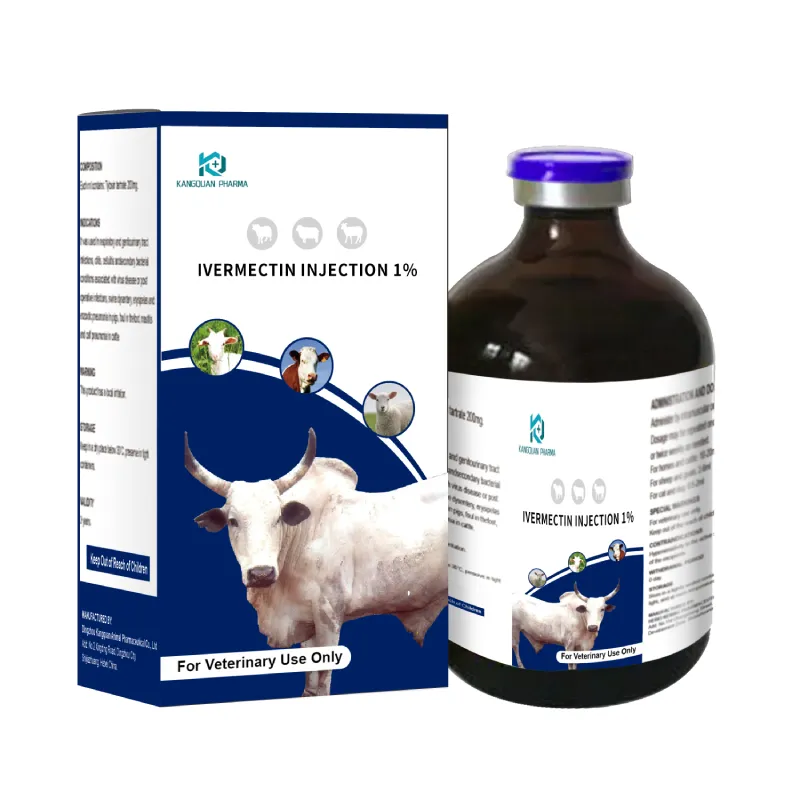- Afrikaans
- Albanian
- Amharic
- Arabic
- Armenian
- Azerbaijani
- Basque
- Belarusian
- Bengali
- Bosnian
- Bulgarian
- Catalan
- Cebuano
- Corsican
- Croatian
- Czech
- Danish
- Dutch
- English
- Esperanto
- Estonian
- Finnish
- French
- Frisian
- Galician
- Georgian
- German
- Greek
- Gujarati
- Haitian Creole
- hausa
- hawaiian
- Hebrew
- Hindi
- Miao
- Hungarian
- Icelandic
- igbo
- Indonesian
- irish
- Italian
- Japanese
- Javanese
- Kannada
- kazakh
- Khmer
- Rwandese
- Korean
- Kurdish
- Kyrgyz
- Lao
- Latin
- Latvian
- Lithuanian
- Luxembourgish
- Macedonian
- Malgashi
- Malay
- Malayalam
- Maltese
- Maori
- Marathi
- Mongolian
- Myanmar
- Nepali
- Norwegian
- Norwegian
- Occitan
- Pashto
- Persian
- Polish
- Portuguese
- Punjabi
- Romanian
- Russian
- Samoan
- Scottish Gaelic
- Serbian
- Sesotho
- Shona
- Sindhi
- Sinhala
- Slovak
- Slovenian
- Somali
- Spanish
- Sundanese
- Swahili
- Swedish
- Tagalog
- Tajik
- Tamil
- Tatar
- Telugu
- Thai
- Turkish
- Turkmen
- Ukrainian
- Urdu
- Uighur
- Uzbek
- Vietnamese
- Welsh
- Bantu
- Yiddish
- Yoruba
- Zulu
Nov . 23, 2024 12:41 Back to list
veterinary disinfectant comparison
Comparison of Veterinary Disinfectants Ensuring Optimal Hygiene in Animal Care
In the field of veterinary medicine, maintaining stringent hygiene protocols is paramount to preventing the spread of infectious diseases among animals. Disinfectants play a crucial role in this process, with various products available on the market that cater to the needs of veterinary practices. This article aims to compare some of the most commonly used veterinary disinfectants, focusing on their efficacy, safety, and application in animal care settings.
Types of Veterinary Disinfectants
Veterinary disinfectants can be broadly classified into several categories, including quaternary ammonium compounds (quats), chlorine-based products, phenolic compounds, hydrogen peroxide, and essential oil-based disinfectants. Each type has distinct properties and uses, making it vital for veterinary professionals to understand their differences.
Quaternary Ammonium Compounds
Quats are widely used in veterinary clinics due to their effectiveness against a broad spectrum of bacteria, viruses, and fungi. They are favored for their low toxicity and pleasant odor, making them suitable for use in animal areas. However, while quaternary ammonium compounds are effective against many pathogens, they may be less effective against certain viruses, such as parvovirus or certain strains of coronavirus, which can pose a risk in veterinary settings.
Chlorine-Based Disinfectants
Chlorine-based products, such as sodium hypochlorite, are highly effective against a range of pathogens, including bacteria, viruses, and spores. They are particularly useful in controlling outbreaks of highly infectious diseases due to their rapid action. However, their strong odor and potential corrosiveness to surfaces can limit their use in some areas. Additionally, care must be taken when using chlorine products around animals, as they can cause respiratory distress if not adequately ventilated.
veterinary disinfectant comparison

Phenolic Compounds
Phenolic disinfectants are potent and effective against a wide variety of pathogens. They are often used in environments where organic matter is present, as they maintain their efficacy even in the presence of contaminants. However, phenolics can be toxic to certain animals, particularly cats, and may require additional precautions during application. Their use is more suitable for disinfecting surfaces rather than direct application areas for animals.
Hydrogen Peroxide
Hydrogen peroxide is gaining popularity as a veterinary disinfectant due to its environmentally friendly profile and efficacy against bacteria and viruses. It breaks down into water and oxygen, leaving no harmful residues. However, its effectiveness is diminished in the presence of organic materials, and it may require multiple applications to achieve desired results.
Essential Oil-Based Disinfectants
With a rising interest in natural products, essential oil-based disinfectants have emerged as a safer alternative. Products containing tea tree oil, lemon oil, or eucalyptus have shown antimicrobial properties. While they may not be as potent as chemical disinfectants, they provide a safe option for use around animals, making them an appealing choice for holistic practices.
Conclusion
Selecting the appropriate veterinary disinfectant is crucial in upholding the health and safety of animals in veterinary care. Each type of disinfectant has its advantages and limitations, and understanding these nuances allows veterinary professionals to choose the most effective product for their specific needs. Regular evaluations of disinfectant efficacy, combined with stringent hygiene practices, will help in combatting infectious diseases and promoting a healthy environment for animals in care.
-
Guide to Oxytetracycline Injection
NewsMar.27,2025
-
Guide to Colistin Sulphate
NewsMar.27,2025
-
Gentamicin Sulfate: Uses, Price, And Key Information
NewsMar.27,2025
-
Enrofloxacin Injection: Uses, Price, And Supplier Information
NewsMar.27,2025
-
Dexamethasone Sodium Phosphate Injection: Uses, Price, And Key Information
NewsMar.27,2025
-
Albendazole Tablet: Uses, Dosage, Cost, And Key Information
NewsMar.27,2025













